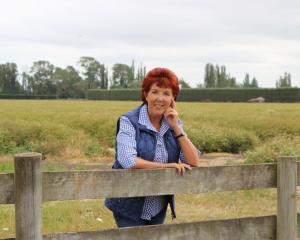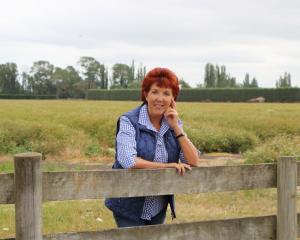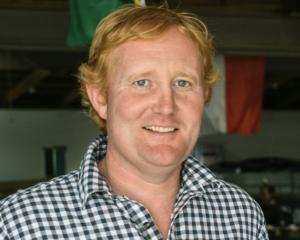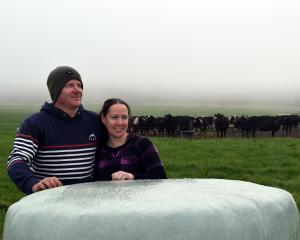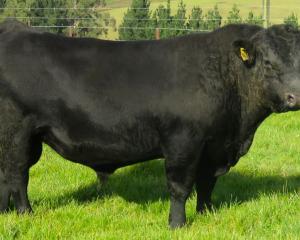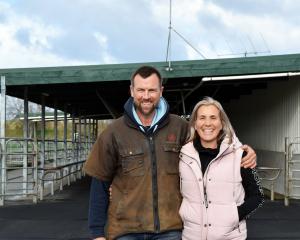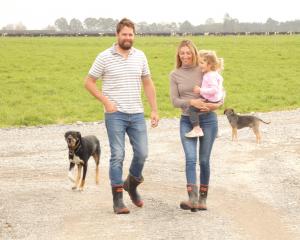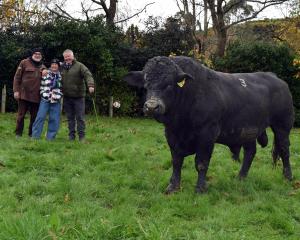
After 12 years based in the United Kingdom, the co-founder of the Armadillo Merino clothing company has come home.
Fresh from two weeks in quarantine, he and his Scottish wife, Alison, are re-establishing life in his native Otago, in a new home, in a quiet Wanaka cul-de-sac.
The former owner of the house kindly left them a set of outdoor furniture, which is serving them well until their furniture arrives from the UK.
"I don’t know whether it’s a good thing or not, but you can track the ship and your container all the way."
He shows the route on his mobile phone, which looks like a preschooler’s squiggly drawing as the vessel navigates its way between Sydney and New Zealand.
With their two sons, Hamish and Struan, grown up and independent, the 57-year-old had always intended coming home, but the situation overseas with Brexit and the pandemic had brought those plans forward.
Originally off a sheep farm at Crookston in West Otago, he is the son of John and Jill Caughey, now retired to Wanaka. His Aucklander father, armed with a degree from Lincoln College, bought the farm in the 1960s, at the age of 23.
"They must have thought, ‘What’s an Aucklander doing down here, and not even a farmer’. But Dad was determined to succeed. Luckily, it was a really exciting time to be a young farmer, and [there was] a great group of young guys who supported each other."
Their relatives started Smith & Caugheys department store in Auckland in the 1880s, and father and son both attended King’s College in Auckland. The boarders were farm boys, and that’s how Mr Caughey junior still describes himself, a farm boy.
He also went to Lincoln. Then, armed with a degree in agricultural commerce and marketing, he went to work for Wilson Neill Exports Ltd, in 1984.
He left New Zealand in 1988 to work in the wool industry overseas. In 1996, he joined Merino New Zealand Inc and promoted merino wool, until he launched his own company in 2011.
His clientele includes National Aeronautics and Space Administration (Nasa) astronauts and Russian cosmonauts, who are wearing his T-shirts into space, and the brand is now being considered for Nasa’s 2024 expedition to the moon. Weight is an issue, so shaving off 10g-20g of wool, the equivalent of reducing a cuff to a single layer, is a big deal in space.
He was about to launch his next-to-skin performance clothing when Covid-19 hit.
"We already sell merino garments into the fire service on the strength of the natural FR [flame resistance] properties of wool. However, over the last three years we have developed an enhanced FR fabric called Hotshot for use by fighters pilots, tank crews, [and for] motorsports racewear."
European trade shows were cancelled this year so the company is opting for a soft launch of the new fabrics into UK, Europe, Asia, Pacific and North America.
Mr Caughey said he had never stopped drawing on his agricultural background, and the invaluable contacts it had given him to set up his label.
"What’s really exciting about being back is the accessibility to so many people who have wool experience and knowledge."
Mary-Jo Tohill





